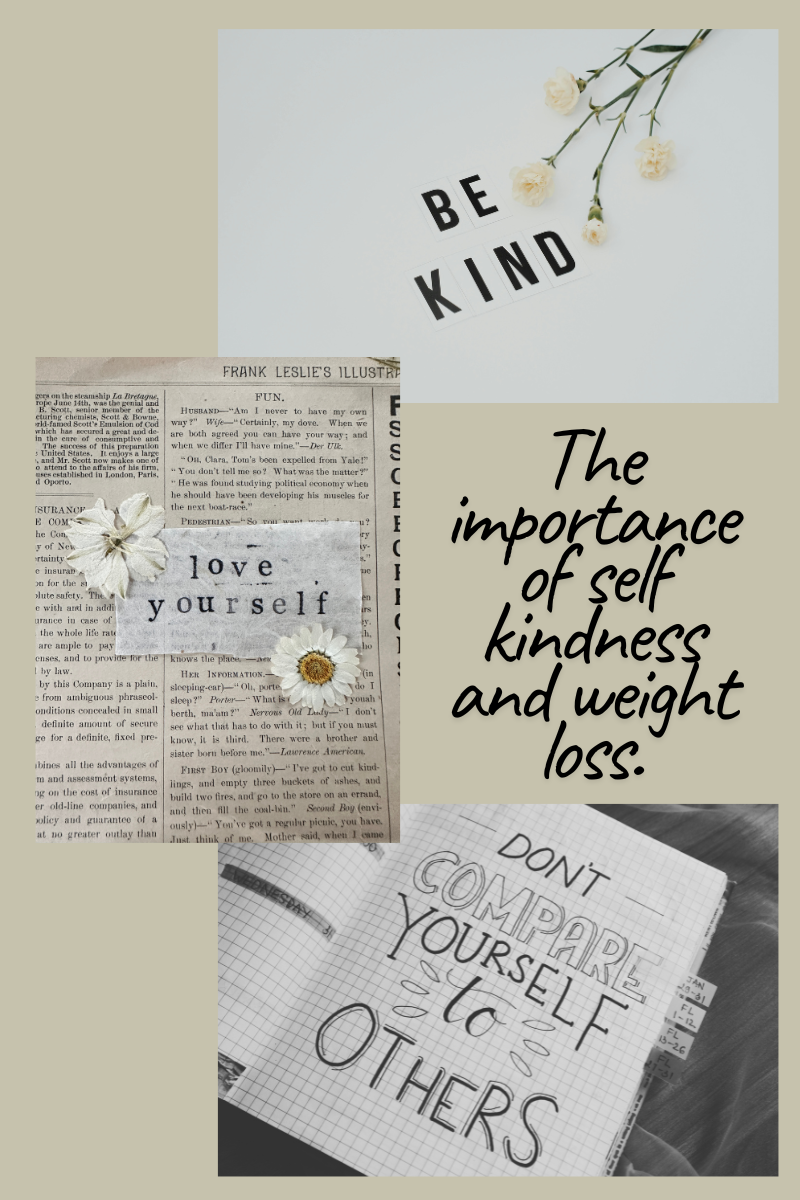Improving our relationship with food. - Group Talk - Week Commencing 26th September 2022.
- friendsonajourney2
- Oct 5, 2022
- 3 min read

Wow wouldn't eating be simple if we did the same to ourselves as we do when refuelling our vehicles. We'd only fill up when our indicator was prompted by the red light, and you couldn't possibly over fill, as it would overflow on to the ground. We'd never dream of using fuel as a treat either.
A healthy relationship with food entails unconditional authorisation to eat the foods that make us feel good physically and mentally. Where no foods are off-limits, and there is no feeling of guilt when you've eaten foods that are not as nutritiously balanced as others.
Achieving a good relationship with food isn't something that happens overnight. It requires time often a life time of constant work and attention. Just as with in marriage or a relationship with a friend.
What is a good relationship with food.
Before we can identify what a good relationship is, it is important to distinguish the signs and symptoms of a bad relationship with food.
Our relationship with food has nothing to do with the quality of our diet or the types of food we eat, but rather the how's and why's we choose those foods.
Improving our relationship with food, will ease the stress and worry around food, giving us more freedom to enjoy the foods we love.
Signs of a bad relationship with food.
Feeling guilt about eating
Avoiding or restricting less nutritious foods
You've developed lists and rules regarding foods you feel you can or can not eat.
Relying on Apps to tell you when you've done for the day
Ignoring your bodies natural hunger cues
History of yoyo/fad dieting
feeling immense stress and anxiety of how others see what you eat when out socially
Binging or restricting foods
Any shame, guilt, stress or fear regarding foods you eat.
Signs of a good relationship with food.
Unconditional permission to eat foods you enjoy.
listen and respect your bodies natural hunger cues
no food is off-limits
Don't torment yourself over the number on the scales/throw them away
Don't let others opinions rule your choices
No need to justify your food choices
understanding that food doesn't define us
enjoy all food in moderation
choose the foods that make you feel great
Don't allow calories to be the focus of your food choices
A good relationship with food necessitates embracing all foods in MODERATION, consuming foods that we adore, not allowing food to influence our life's, knowing the food we eat doesn't define us as people.
How to build a good relationship with food.
We are all individuals and have personal and often complex relationships with food, created by our journeys so far. Change is not easy and takes time. Here are some tips that might support positive changes in your relationship with food.
Unconditional consent to eat.
Creating rules around when you can or can not eat allows you to feel hunger, or feel depravity and in turn create a fear of food.
Your body deserves food when its hungry no matter the time of the day.
And if you are not hungry, don't eat until you are. We are not regulated by the clock.
I know recognising when you are physically hungry is not always easy especially when we are emotionally taxed, but our body has the ability to distinguish the difference, you need to recognise the signs.
Tummy rumbling
Headache
Lightheaded feeling
Grumpiness (Hangry)
Lack of energy
Shakiness/weakness
Feeling Sick
Tiredness
Tummy ache
Tummy Cramps
Craving ANY food (specific food is emotional hunger)
Mindful Eating
Mindful eating has become the foundation to rectifying our relationships with food, as it involves fully immersing ourselves in the moment, being completely present in the eating experience.
Eating mindfully means you are completely free of any distractions and you are able to fully observe, the food that you are eating and how your body reacts to the food.
Consider these questions when eating.
What flavour and texture am I noticing right now? do I enjoy it? Am I only eating it because its available or because I really want it?
Does this food hit the spot? Does it satisfy the craving I'm having?
Has this food solved a problem like I may have thought it would?
How is this food changing my appetite? Do I notice my hunger going away?
How do I emotionally feel while I eat this? Does it bring me Joy, Guilt, Anger?
Was I actually hunger? If not, why did I decide to eat (eg emotional eating, craving, boredom...)
Food Labels
There are no such things as good and bad foods as we discussed the other week, just some foods are more nutritious than others.
By allowing all foods into our diet, we are able to control our intake more, as we know nothing is restricted which in turn reduces the cravings and emotions attached to the different foods we have previously restricted.
Bottomline
A healthy, good relationship with wood means welcoming all foods with no restrictions, seeing the value in food beyond calories, and remembering that your value as a human isn't dictated by the food you eat.
Resources




Comments